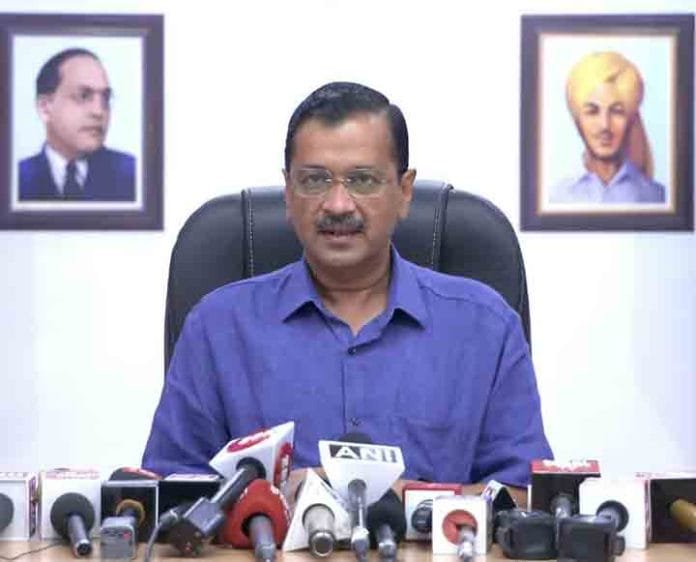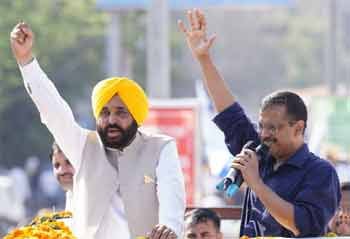The recent Delhi Assembly election results have stirred considerable political discourse, particularly regarding the outcome for the Aam Aadmi Party (AAP) and its National Convener, Arvind Kejriwal. As the results unfolded, Kejriwal delivered a measured yet dignified response, reinforcing his commitment to public service and extending his congratulations to the Bharatiya Janata Party (BJP). His reaction underscores the principles that have guided his political journey, setting the stage for his next steps in Indian politics.
Kejriwal Acknowledges the Mandate and Congratulates BJP
Upon hearing the results, Arvind Kejriwal chose to honor the democratic process and accepted the verdict of the people with grace. He acknowledged the BJP’s victory and offered his hearty congratulations to the party. Kejriwal remarked, “We accept whatever decision the public has made. I congratulate the BJP for their victory. I trust that they will fulfill the expectations the people have placed in them.”
This display of humility and recognition of the electoral outcome highlights the spirit of democratic values that Kejriwal espouses. The emphasis on respecting the people’s decision reflects his underlying commitment to democracy above personal or party ambitions.
The People’s Decision: Commitment to Constructive Opposition
While the election results did not favor AAP this time, Kejriwal made it clear that the party would not let the defeat dampen its spirit. Rather than sulking or engaging in divisive rhetoric, he announced that the Aam Aadmi Party would play a constructive opposition role.
Kejriwal emphasized that the party’s primary focus was not political power but public service. He said, “We came into politics not for power. In the last 10 years, the people of Delhi gave us an opportunity to serve, and we have worked in education, health, water, electricity, and infrastructure to bring relief to the people.”
This commitment to governance, beyond electoral success, signals a shift towards service-oriented politics in the face of adversity. Kejriwal has consistently advocated for good governance as the central tenet of his political ideology, and his response to the election results reaffirms this position.
A Personal Reflection on Election Outcome: Kejriwal’s Defeat in New Delhi Constituency
One of the most significant and personal moments in the election was Arvind Kejriwal’s defeat in the New Delhi constituency, where he was ousted by BJP’s Pravesh Verma. After a rigorous vote counting process that stretched over 14 rounds, Kejriwal garnered 25,999 votes (42.18%), while Verma secured 30,088 votes. This loss was not only a blow to the Aam Aadmi Party but also a personal loss for Kejriwal, who had represented this constituency for years.
While Kejriwal’s defeat was a significant turn of events, his response demonstrated his commitment to the broader cause of public service rather than personal political success. The result, however, is indicative of the political landscape in Delhi, where the BJP continues to dominate, even in constituencies that had once been considered strongholds of AAP.
















